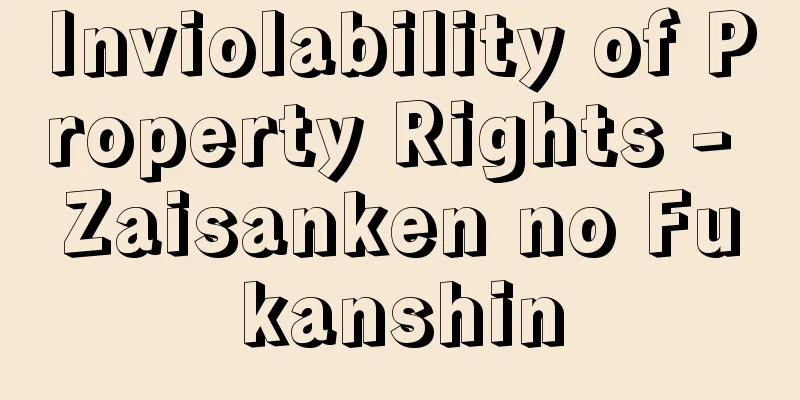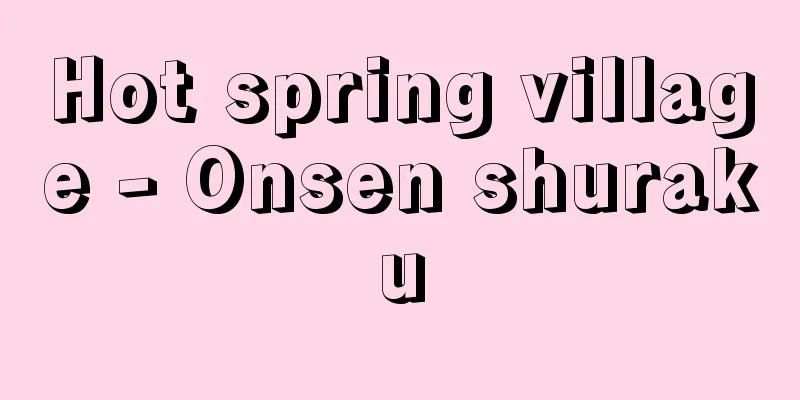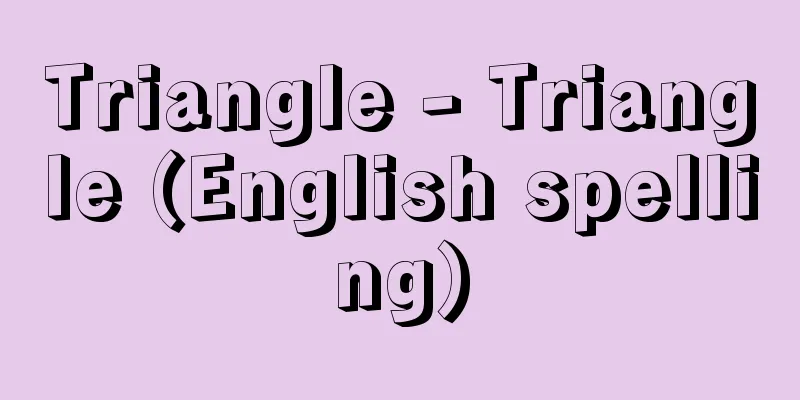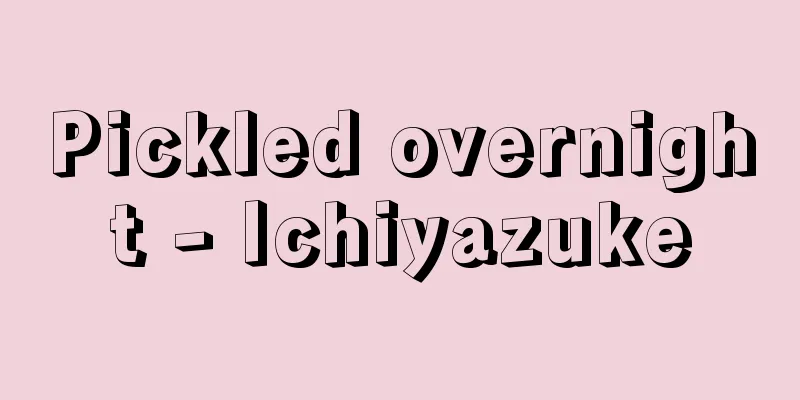Angry Young Men

|
The term was derived from the play Look Back in Anger (1956) by the British playwright John Osborne, and refers to anti-establishment youth who are dissatisfied with the established order and refuse to accept traditional values. It is translated as "angry young men." In a narrow sense, it refers to authors of literary works published in the 1950s and 1960s that feature such characters, such as John Wayne in the novel Hurry Up and Down (1953) and Kingsley Amis in the novel Lucky Jim (1954). Source: Heibonsha World Encyclopedia, 2nd Edition Information |
|
イギリスの劇作家ジョン・オズボーンの戯曲《怒りをこめてふり返れ》(1956)から生まれた言葉で,既成秩序に不満をもち,旧来の価値観を受け入れようとしない反体制的な青年を指す。〈怒れる若者たち〉と訳される。狭義には,1950年代から60年代にかけて発表された,このような人物が登場する文学作品の作者,すなわち小説《急いでおりろ》(1953)のジョン・ウェイン,小説《ラッキー・ジム》(1954)のキングズリー・エーミスなどを指す。
出典 株式会社平凡社世界大百科事典 第2版について 情報 |
<<: Ingres (English: Jean Auguste Dominique Ingres)
Recommend
Masatora Ooae
Year of death: 11th January 1596 (9th February 159...
Epicycloid - Epicycloid
⇒Cycloid Source: About Shogakukan Digital Daijisen...
Cup fungi
A fungus whose fruiting body (ascocarp) becomes a ...
Iwagikyo - Iwagikyo
A perennial plant of the Campanulaceae family (AP...
Pear-skinned
A type of jimaki (ground maki-e). Its name comes ...
Euphrasia officinalis (English spelling)
… [Kei Yamazaki]. … *Some of the terminology that...
Mud Volcano - Doro-kazan (English spelling)
When high-pressure fluids containing methane and o...
Forced collection - forced collection
Under administrative law, when a citizen fails to...
Axillary bud - axillary bud
...Ferns that grow on the leaves include spider f...
Angostura Bitter - Angostura Bitter
…It is often called bitters in the singular form....
Shoe-shaped axe
Stone axes, with a blade at an angle to the vertic...
Ancient style poetry (English: gǔ tǐ shī)
A type of Chinese poetry. It corresponds to modern...
Steam locomotive
...A locomotive with a boiler and a steam engine ...
Mergus serrator; red-breasted merganser
Order Anseriformes, family Anatidae. Total length ...
Oriental particolored bat
A general term for mammals in the family Vespertil...









